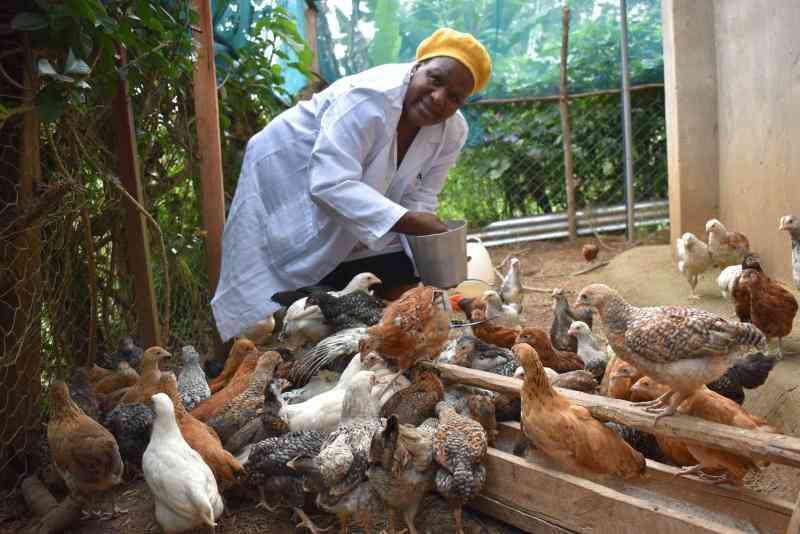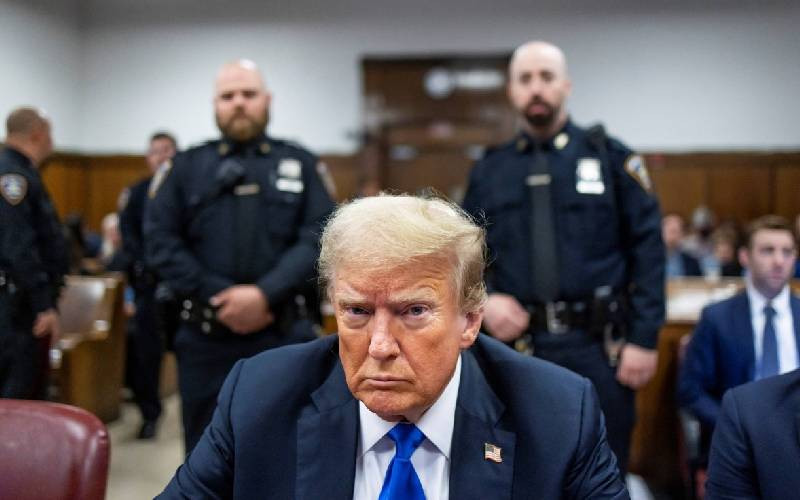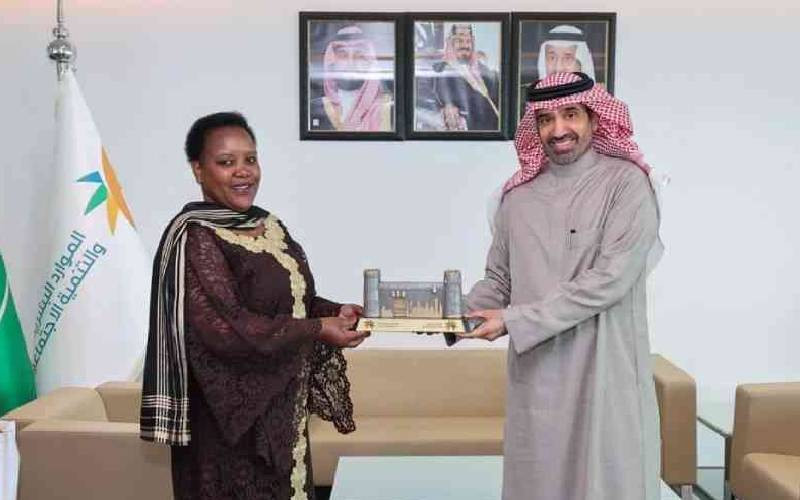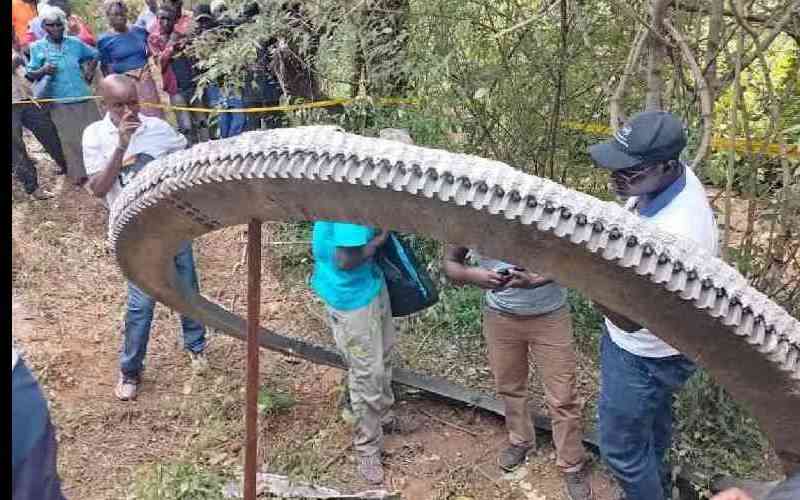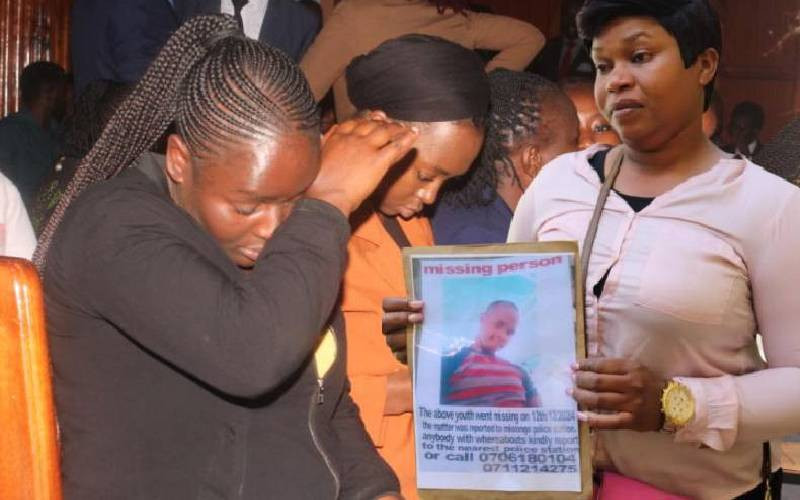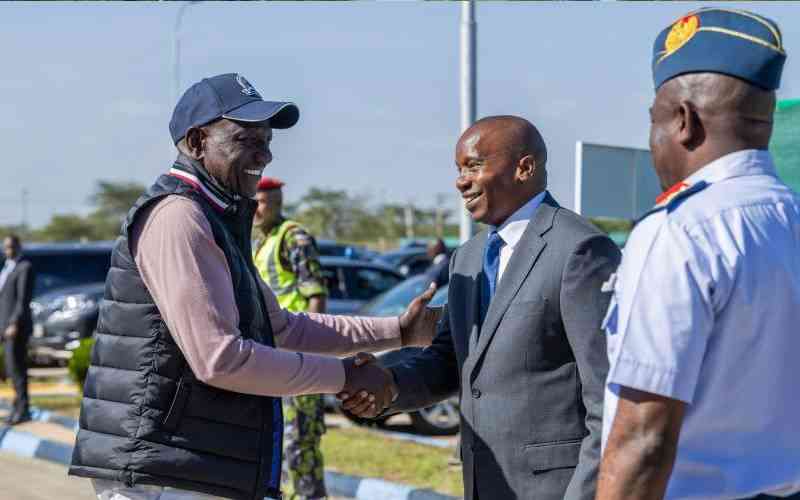Life in various campuses in Kenya are marred by a myriad of challenges brought about by scientific and technological developments, effects of globalisation and an ever-growing competitive environment which in turn prompts creation of a system of leadership by the students. While this should be a forum to represent all the stakeholders effectively, especially the students, most unions end up failing to meet their mandates, for which they were elected by the students.
National politics is known for violence, corruption, tribalism and massive use of propaganda to woe voters into their political camps and the same is experienced in most campuses. This makes universities a reflection of the social and political society in which they are located.
When at times the university environment record low student populations, it is the reverse during campaigns and when the electioneering period is oncoming. Students who have almost become sycophants are usually heard chanting along the corridors which brings learning to a standstill. Politicians in the national divide are known to hire sycophants who play goon roles in political campaigns where cases of violence are exhibited. At the Technical University of Kenya, for instance, which had its elections three weeks ago, cases of students and non-students who harassed some students emerged amidst measures of security being put in place to curb such cases of violence. Just two days to the elections, an aspirant was reported to have been beaten up by goons who were allegedly hired to harass him. Students literarily go missing during such times for fear of being harmed with some going to the extent of recording statements with the police, which see little done to counter the allegations.
It is during such times that propaganda is put to use. Team strategists come up with powerful information that one would find a challenge spotting mischief in. Polls that were never conducted and non-scientific do rounds in leaflets that litter every corner of the university premises.
If one thought that tribalism is only glorified by our parliamentarians and other leaders in various levels then getting a taste of what campus politics is like would give a rude shock. In national alliances and coalitions such as Jubilee and CORD where leaders from various communities are seen regrouping and end up rallying members from their communities to back them in their political ambitions, campus is not an exception. It therefore goes unnoticed that hatred and tribalism is deeply rooted in an individual right from their early ages. While tribes coming together may seem working for the good and benefits of some candidates, others end up losing potential voters because of the tribal divide they are seen to align themselves to. Meeting memos placed conspicuously on notice boards become all over calling for members of two or three tribes to attend meetings where solidarity for their preferred candidates will dominate the agenda. Ironically, little or no attention is paid by those in attendance to listen to the manifesto that the said candidates proclaim when they finally take over the various offices, giving evidence of how wrong those who the society have high hopes in, have lost track.
One is left to wonder what kind of morals are being bred and invested in those who are tagged the leaders of tomorrow with the nature of scenes that have been witnesses, latest being the burning down of Maseno University’s administration block followed by protests that saw two students gunned down by police. Indefinite closure of most universities, among them Moi and Rongo, has been seen following disrupted elections.
It will take a lot for sobriety to be restored in the way student leadership is handled from the yesteryears where ‘comrades power’ was an in-house term that was uniting and enabled vibrancy in the way things were done towards development and for the good of all stakeholders in education. National discourse was null and void without the involvement and engagement of the universities which complimented opposition politics. Students could be seen pro-active in campaigning and advocating for their rights and the fellow countrymen in spite of all the harassment that they received from the government back then. This went on for years despite some being beaten, jailed at the infamous Nyayo house and others even murdered in cold blood. The exact opposite of that is what prevails currently with a lot of soft negotiations whenever things go out of hand whereas student leaders were powerful figures in the country then, with Government keeping vigil of them to an extent of placing spies in various campuses.
 The Standard Group Plc is a
multi-media organization with investments in media platforms spanning newspaper
print operations, television, radio broadcasting, digital and online services. The
Standard Group is recognized as a leading multi-media house in Kenya with a key
influence in matters of national and international interest.
The Standard Group Plc is a
multi-media organization with investments in media platforms spanning newspaper
print operations, television, radio broadcasting, digital and online services. The
Standard Group is recognized as a leading multi-media house in Kenya with a key
influence in matters of national and international interest.
 The Standard Group Plc is a
multi-media organization with investments in media platforms spanning newspaper
print operations, television, radio broadcasting, digital and online services. The
Standard Group is recognized as a leading multi-media house in Kenya with a key
influence in matters of national and international interest.
The Standard Group Plc is a
multi-media organization with investments in media platforms spanning newspaper
print operations, television, radio broadcasting, digital and online services. The
Standard Group is recognized as a leading multi-media house in Kenya with a key
influence in matters of national and international interest.

